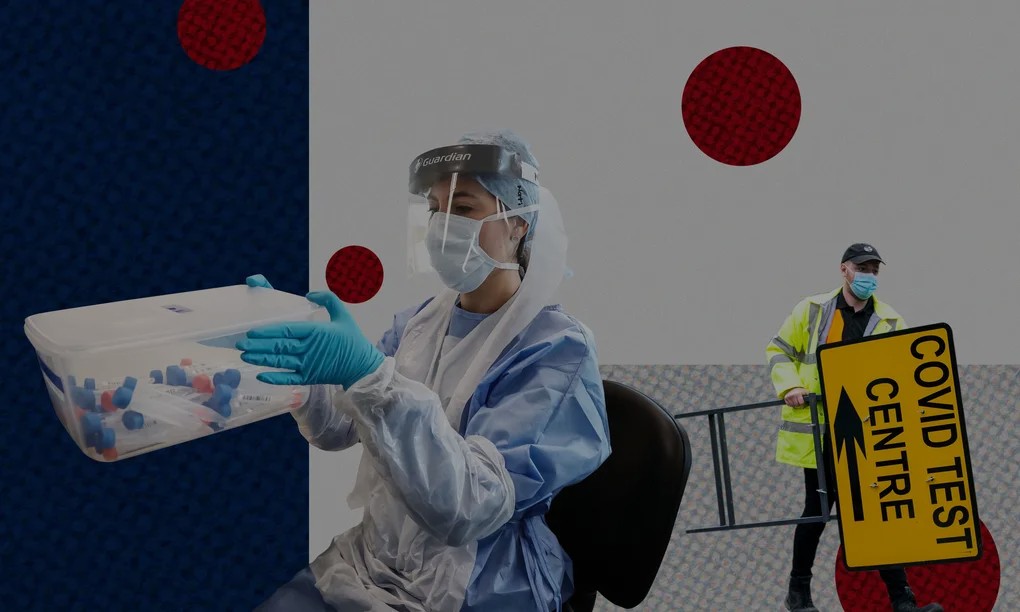Industrious Recruitment has supplied laboratory staff to the Lighthouse laboratories in Milton Keynes, which was launched by the health secretary, Matt Hancock, last year as the first of three of the government’s “mega labs” processing hundreds of thousands of Covid-19 tests a week.
Hundreds of workers recruited by Industrious to process Covid-19 tests at the Department of Health-managed site have been employed by multiple companies, the Guardian understands, in a structure that appears to mimic schemes that have previously been cited as depriving the taxpayer of “hundreds of millions” of pounds a year.
Days after the Guardian confronted Industrious about the tax scheme, the Lighthouse lab workers said they had suddenly become directly employed by the recruitment company.
Industrious is the latest recruitment firm that appears to have been supplying pandemic workers employed via mini umbrella companies (MUC). The problem was revealed by a Guardian investigation that has shown how the supply chain of the government’s pandemic response seems to be riddled with such schemes.
HM Revenue and Customs warned in December that:
“most MUC arrangements are considered to be fraudulent”.
While it is not illegal to set up a mini umbrella company, many are used to avoid employers’ national insurance contributions as well as a proportion of a company’s VAT bill. As far back as 2015, HM Revenue and Customs warned promoters of such tactics they could face fines of £1m.
The tax schemes that the Lighthouse labs structure appears to mimic supposedly work by transferring contracts of workers from a single large employment agency into a web of thousands of tiny companies. So, if an employment agency previously supplied a site with 300 workers, the scheme’s promoters may create 150 new tiny companies, each employing just two workers.
In recent years the structure has been used to create thousands of micro companies from which to claim the government’s £4,000 employment allowance, a jobs subsidy that is only claimable once a year by a single firm and cuts employers’ national insurance contributions. Only small firms, with national insurance contributions of less than £100,000 a year, are entitled to claim this money. It is paid in the form of a national insurance refund by HMRC.
When that allowance is fully used, workers are frequently transferred to a new mini company so that another allowance can be claimed by the scheme’s promoters, experts say.
These artificially created micro companies are also entitled to the flat-rate VAT scheme, which allows very small firms to charge VAT at 20%, but pay it back to the exchequer at a much lower rate.

Comments
No comments yet. Be the first to react!